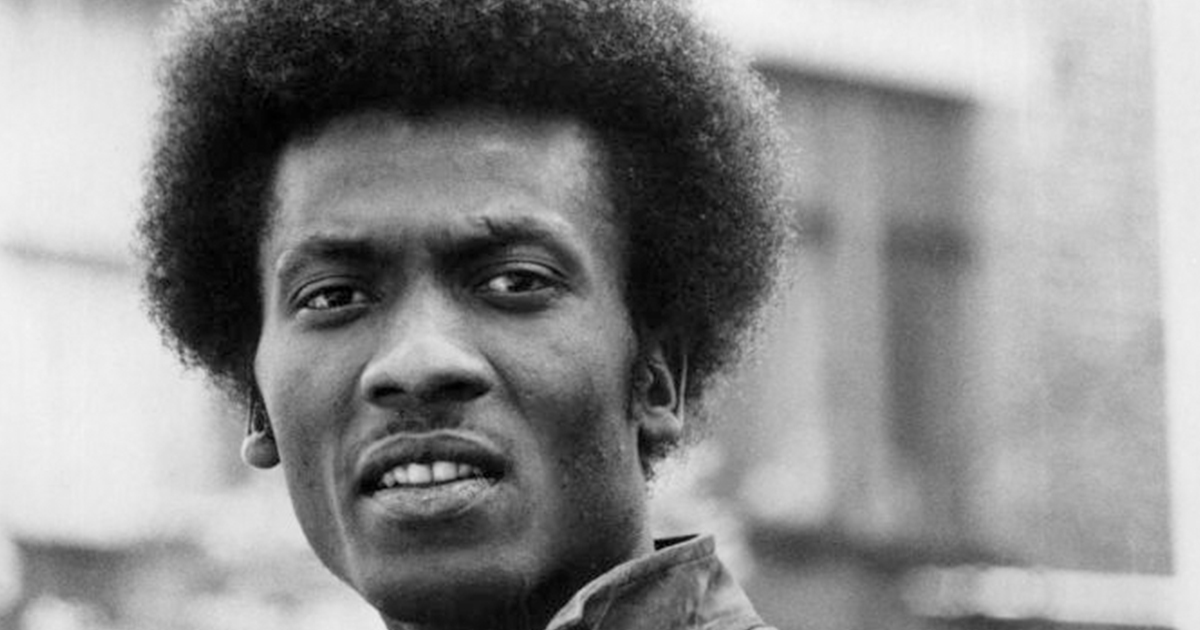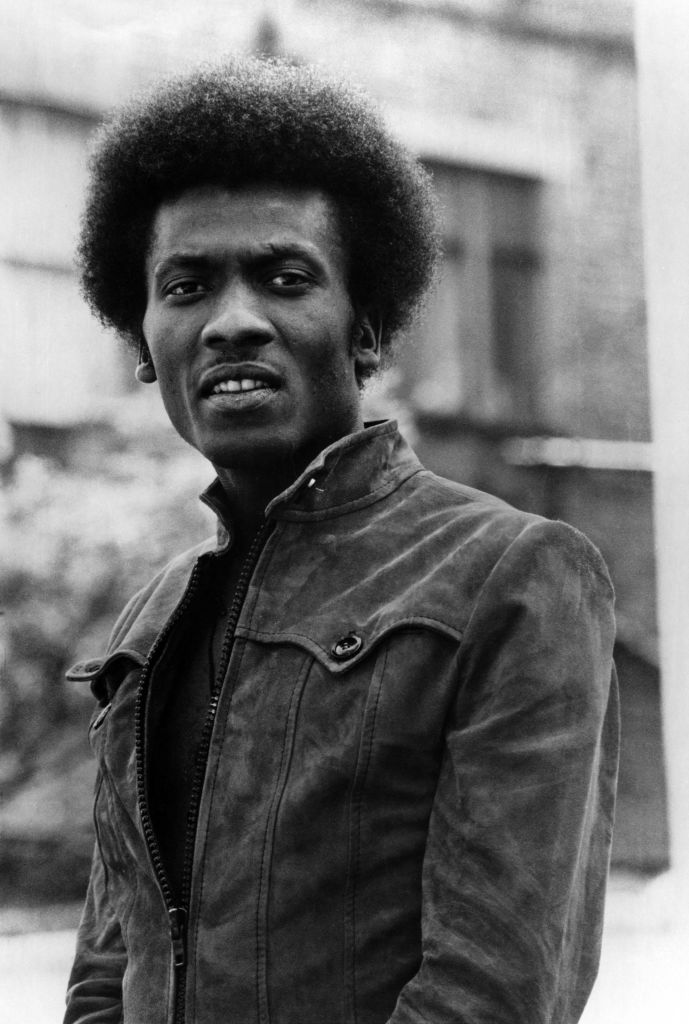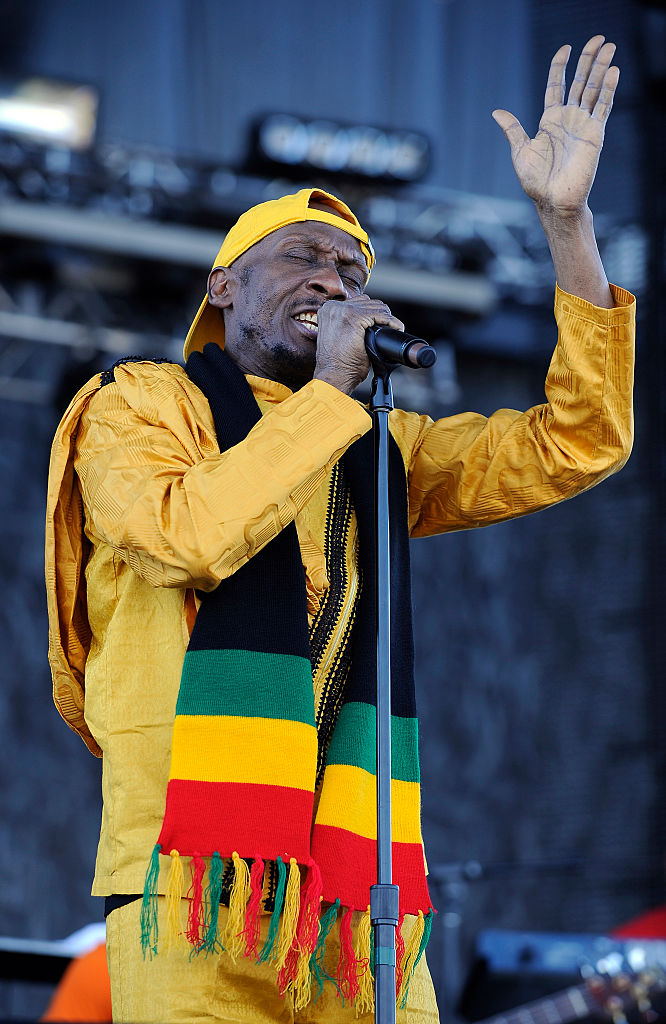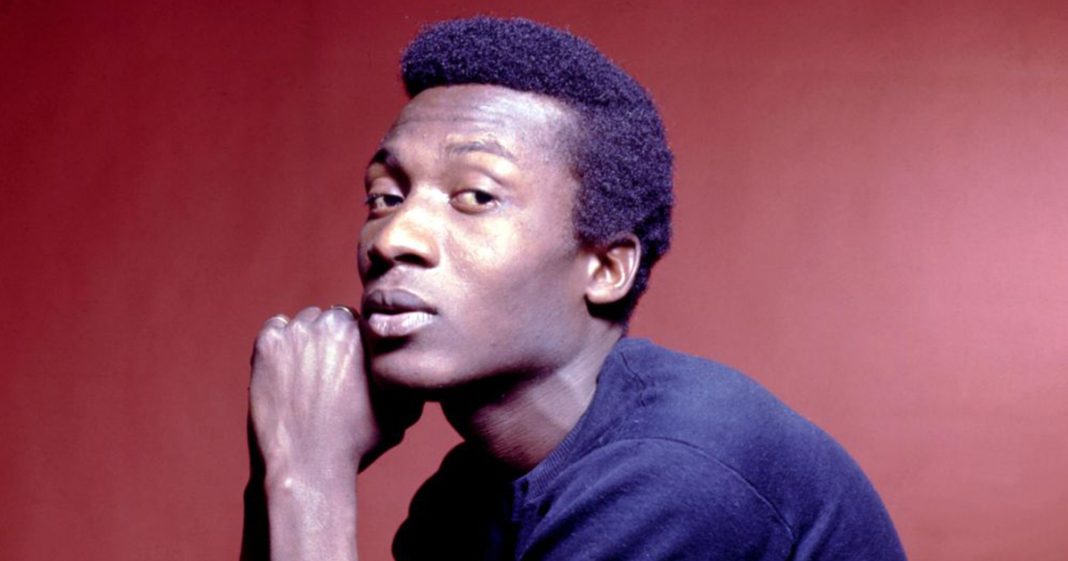Celebrating the Life and Legacy of Jimmy Cliff: A Reggae Icon
It is with profound sadness that we acknowledge the passing of Jimmy Cliff, a pioneering figure in the world of reggae music and an influential actor, who left an indelible mark on the industry with his unique voice and compelling songwriting. Cliff, who has transcended cultural barriers through his music, died at the age of 81, prompting an outpouring of tributes from fans, fellow musicians, and art lovers across the globe. Cliff’s songs, characterized by themes of perseverance, hope, and social justice, resonated with many and continue to inspire new generations.

From Humble Beginnings to Global Stardom
Born in Kingston, Jamaica, Jimmy Cliff’s journey to fame began in a challenging environment. Growing up in extreme poverty, he learned early on the struggles of life, which would later deeply influence his music. Cliff emerged from the vibrant music scene of Kingston as a teenager, joining a wave of creative talents in the 1960s that would redefine reggae. His ascent to fame can be likened to a phoenix rising from the ashes, representing not just personal triumph but also the voice of a marginalized community seeking recognition.

His early exposure to music came from the rich cultural landscape of Jamaica. The sounds of ska and reggae filled the air, and Cliff was captivated. He began performing at local venues, where he honed his craft and developed his signature sound. His first significant break came when he recorded “Hurricane Hattie,” which showcased his talent and caught the attention of producers. This was just the beginning of a remarkable journey that would see him rise to prominence and become synonymous with reggae music.

A Voice of Resistance and Hope
Jimmy Cliff’s music was not just entertainment; it was a powerful message of resistance and hope for the oppressed. Hits like “Many Rivers to Cross” and “You Can Get it If You Really Want” are not merely catchy tunes; they encapsulate the struggles and aspirations of those who feel disenfranchised. Cliff’s lyrics often reflected social issues, bringing attention to the plight of the underprivileged. His belief that reggae originated from the need for identity and respect resonates deeply within the genre’s rich history.

Cliff’s ability to connect with the human experience through his music is a testament to his artistry. Songs like “The Harder They Come” resonate with listeners worldwide, capturing the essence of struggle while offering a glimmer of hope. His messages of perseverance in the face of adversity inspired countless individuals, making him a beloved figure not just in Jamaica but around the world. Cliff often said, “If you really want something, you will get it,” and this mantra became a guiding principle for many of his fans.
The Harder They Come: A Breakthrough Moment
One of the defining moments in Cliff’s career came in 1972 with his role in the film The Harder They Come. This groundbreaking project did not just catapult Cliff into stardom; it also showcased the raw reality of life in Jamaica during the 1960s and 1970s. The film followed the story of Ivanhoe “Ivan” Martin, a desperate young man drawn into crime as he seeks success in the music industry. The gritty narrative and Cliff’s powerful performance resonated with audiences, giving a voice to those who felt trapped by their circumstances. Moreover, the film’s soundtrack, featuring Cliff’s poignant songs, is considered one of the greatest in cinematic history, playing a significant role in popularizing reggae on the international stage. The soundtrack’s influence extended beyond the film itself, paving the way for reggae artists around the globe. Cliff’s portrayal of Ivan was not just a role but became a metaphor for the struggles many Jamaican youth faced at the time. This film marked a pivotal moment in both his career and the reggae genre, solidifying his status as a cultural icon.
A Lasting Influence and Recognition
Cliff’s impact on music and culture cannot be overstated. Throughout his career, he collaborated with global music icons, including the Rolling Stones and Wyclef Jean, blending genres and further broadening reggae’s appeal. His song “Vietnam,” a poignant protest against war, inspired countless artists and activists alike. Cliff’s music was not just confined to the reggae genre; it crossed borders and influenced various styles, making him a universal figure in the music world. Moreover, his dedication to social causes and humanitarian efforts showcased his commitment to making a difference beyond music. Cliff was known for his involvement in numerous charitable initiatives, using his platform to advocate for social justice and equality. He often spoke about the importance of giving back to the community and used his art as a means to raise awareness on critical issues affecting marginalized populations. His legacy extends beyond his musical achievements, showcasing a life lived with purpose and intent.
A Legacy that Lives On
Despite his passing, Jimmy Cliff’s legacy endures through his music and the impact he had on the generation of artists that followed. His voice remains a symbol of resilience, echoing the sentiments of love, struggle, and hope. As we mourn the loss of this reggae legend, we also celebrate the rich tapestry of his contributions to art and culture. His family, including his wife Latifa Chambers and their three children, have expressed gratitude for the outpouring of love from fans worldwide, emphasizing how much Cliff cherished their support throughout his illustrious career. Today, many contemporary artists cite Jimmy Cliff as a major influence in their work. His pioneering spirit and commitment to authenticity serve as a guiding light for new generations of musicians. From reggae to hip-hop, his impact can be heard in various genres, proving that his music transcended boundaries and continues to inspire creativity and artistry.
The World Remembers Jimmy Cliff
As tributes pour in from across the globe, it’s clear that Jimmy Cliff was not just a musician; he was a cultural ambassador who used his art to bridge divides and foster understanding among diverse communities. His songs continue to resonate, reminding us of the power of music as a tool for change and unity. In a world that often feels divided, Cliff’s message of hope and resilience will continue to inspire many, ensuring that his legacy lives on in the hearts of those who appreciate his profound impact on music and society. Furthermore, commemorations of his life and work have taken place in various forms, from tribute concerts to public memorials, demonstrating the global appreciation for his contributions. In Jamaica, where he is regarded as a national treasure, plans are underway for a museum dedicated to his life and career, ensuring that future generations will remember the man who brought reggae to the forefront of the music world. In conclusion, as we reflect on the life of Jimmy Cliff, we celebrate a remarkable artist whose music will forever be a beacon of light and hope for the oppressed. His legacy is a powerful reminder of the enduring spirit of reggae and its ability to unite people across different backgrounds. As we say goodbye to this remarkable legend, we also carry forward his message: to strive for a better world filled with love, understanding, and the belief that we can overcome any obstacles in our path.














